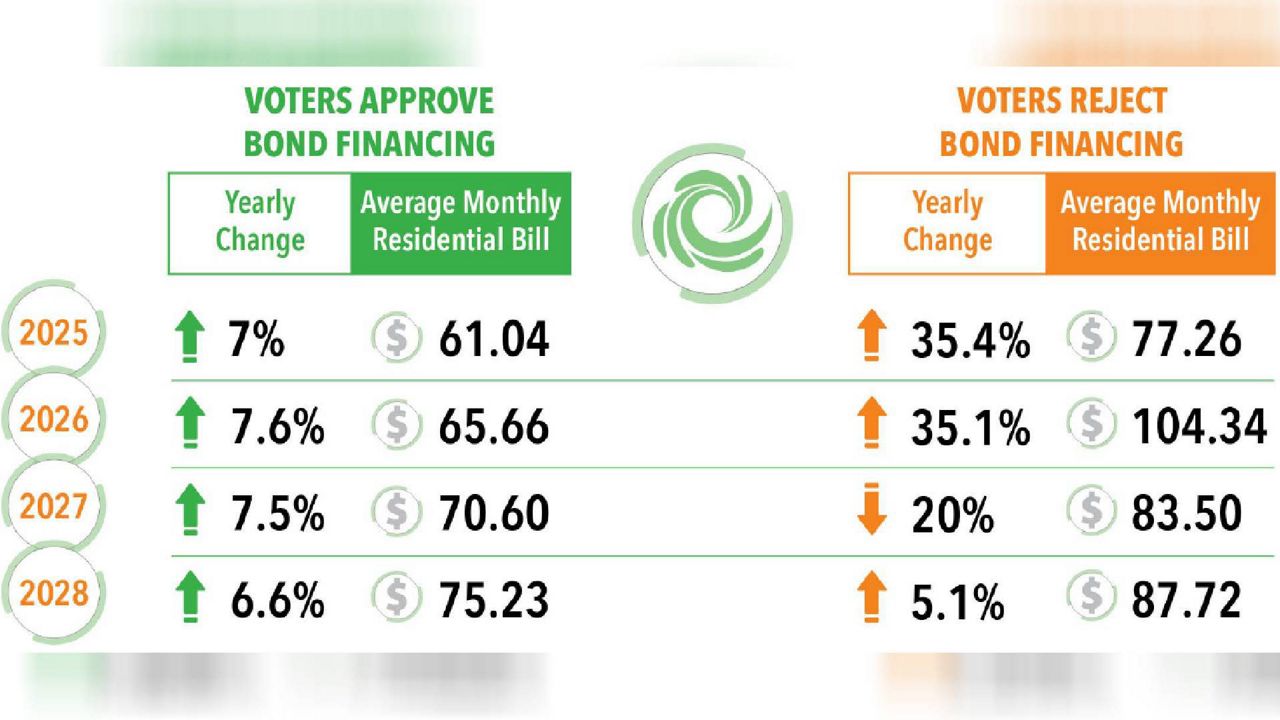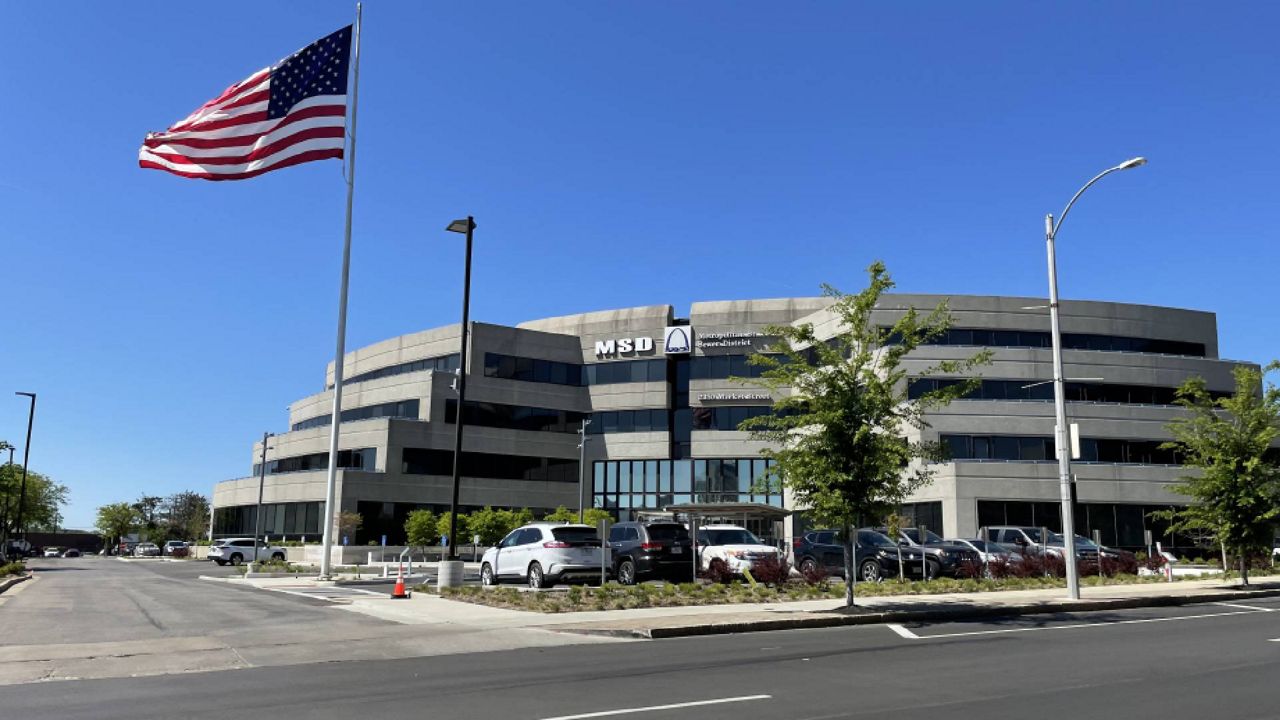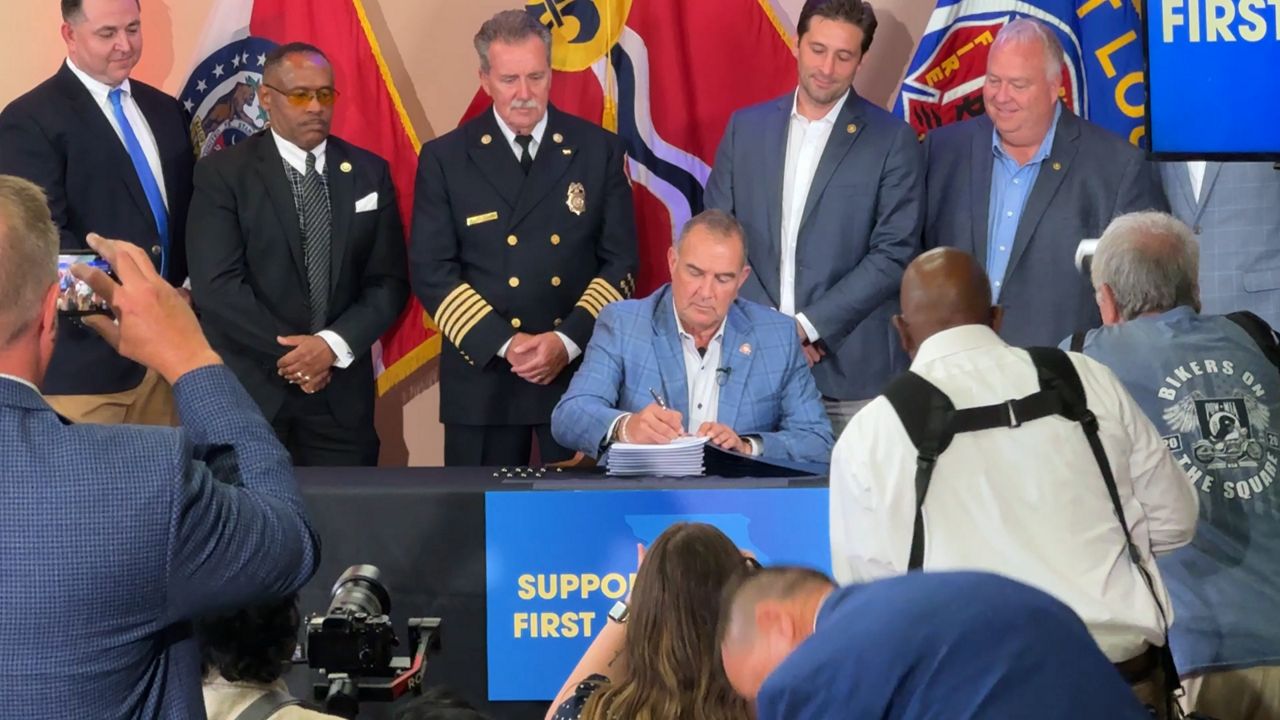ST. LOUIS—Voters in the Metropolitan St. Louis Sewer District will be asked to approve what could end up being a 32% rate increase over the next 5 five years, or risk even steeper increases over a shorter period of time, after the agency’s board voted Thursday to accept an independent rate commission’s report.
The increase would fund projects over the next 20 years, the agency said. Half would address “the most pressing stormwater issues creating flooding and erosion,” it said. The remainder would fund municipal stormwater grants, an environmental justice fund and projects identified by MSD and a regional advisory committee.
 The Metropolitan Sewer District is asking voters to approve rate changes as part of a bond financing proposal on the April, 2024 ballot in the St. Louis region. (Courtesy: MSD)
The Metropolitan Sewer District is asking voters to approve rate changes as part of a bond financing proposal on the April, 2024 ballot in the St. Louis region. (Courtesy: MSD)

Wastewater rates
MSD would spend more than $1.6 billion on wastewater service construction if voters approve rate increases and issue $750 million in debt funding in April. Pending voter approval, MSD says a typical single-family residential household would pay $75.23 monthly starting July 1, 2027, up from just over $57 currently. If voters reject that proposal, the current figure would nearly double to $104.34 in July 2025, before going down in 2026.
“The rate commission is concerned with the potential rate impact on ratepayers already facing multiple utility rate increases, and believes that the District should consider expansion of existing assistance programs,” the Rate Commission said in its final report in September to MSD trustees. “Further, the Rate Commission recommends the district take a leading role in the establishment of a task force on utility ratepayer financial impact issues.”
Before trustees voted to accept the recommendation, they heard from residents and advocates who urged the panel to endorse a smaller increase or to delay their decision.
“This Rate Commission report says consumers win nothing. There is no mitigation, no accommodation at all for the rates that consumers are forced to pay to receive an essential monopoly service,” said John Coffman, Counsel for Consumers Council of Missouri.
“Any increase on families that are struggling already with higher food, higher gas, higher electric…any increase will make them choose between basic needs and paying their bills and will likely impact their health and their safety,” said Jacqueline Hutchinson, Advocacy Director for Consumers Council of Missouri.









